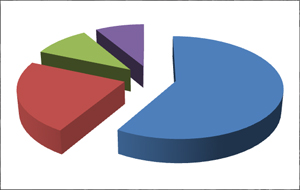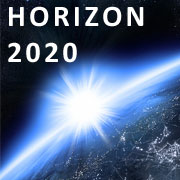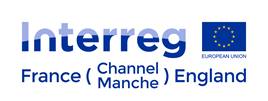
BU’s Research and Knowledge Exchange Office works collaboratively with external experts in supporting our academics and their research activities, through our Research and Knowledge Exchange Development Framework (RKEDF).
Would you like to join our bank of potential suppliers?
We are particularly interested in those who can provide short courses, one-to-one support, bid writing retreats, application review or a range of these, relevant to our RKEDF Pathways as:
- External Application Reviewers – those with previous grants experience to enhance our academics’ applications to a range of external funders, through application review and iterative feedback.
- Event Facilitators – developing our support events, through a variety of means, including both call and funder-specific support.
Examples of key funders include:
- British Academy
- European Commission funds including Horizon 2020
- Innovate UK
- Leverhulme Trust
- National Institutes of Health and other US Federal funders
- Research Councils
- Royal Society
- Wellcome Trust
What to do next…
Please contact us to make known your area of expertise and interest. We will then contact you to discuss your potential to participate further.


 Need any help with understanding how to use your research to influence public policy? Looking for support and guidance on how to effectively engage with policy makers?
Need any help with understanding how to use your research to influence public policy? Looking for support and guidance on how to effectively engage with policy makers?



 The Funding Development Team will be delivering a number of Pre-award sessions as part of the Research and Knowledge Exchange (RKE) Development Framework on Thursday 28th September.
The Funding Development Team will be delivering a number of Pre-award sessions as part of the Research and Knowledge Exchange (RKE) Development Framework on Thursday 28th September.
 As previously announced, the
As previously announced, the 












 BU attendance at third annual GCPHR meeting in June
BU attendance at third annual GCPHR meeting in June Interactive Tangible and Intangible Heritage Applications – BU student work featured in new book chapter
Interactive Tangible and Intangible Heritage Applications – BU student work featured in new book chapter Second NIHR MIHERC meeting in Bournemouth this week
Second NIHR MIHERC meeting in Bournemouth this week MSCA Postdoctoral Fellowships 2025 Call
MSCA Postdoctoral Fellowships 2025 Call ERC Advanced Grant 2025 Webinar
ERC Advanced Grant 2025 Webinar Horizon Europe Work Programme 2025 Published
Horizon Europe Work Programme 2025 Published Horizon Europe 2025 Work Programme pre-Published
Horizon Europe 2025 Work Programme pre-Published Update on UKRO services
Update on UKRO services European research project exploring use of ‘virtual twins’ to better manage metabolic associated fatty liver disease
European research project exploring use of ‘virtual twins’ to better manage metabolic associated fatty liver disease